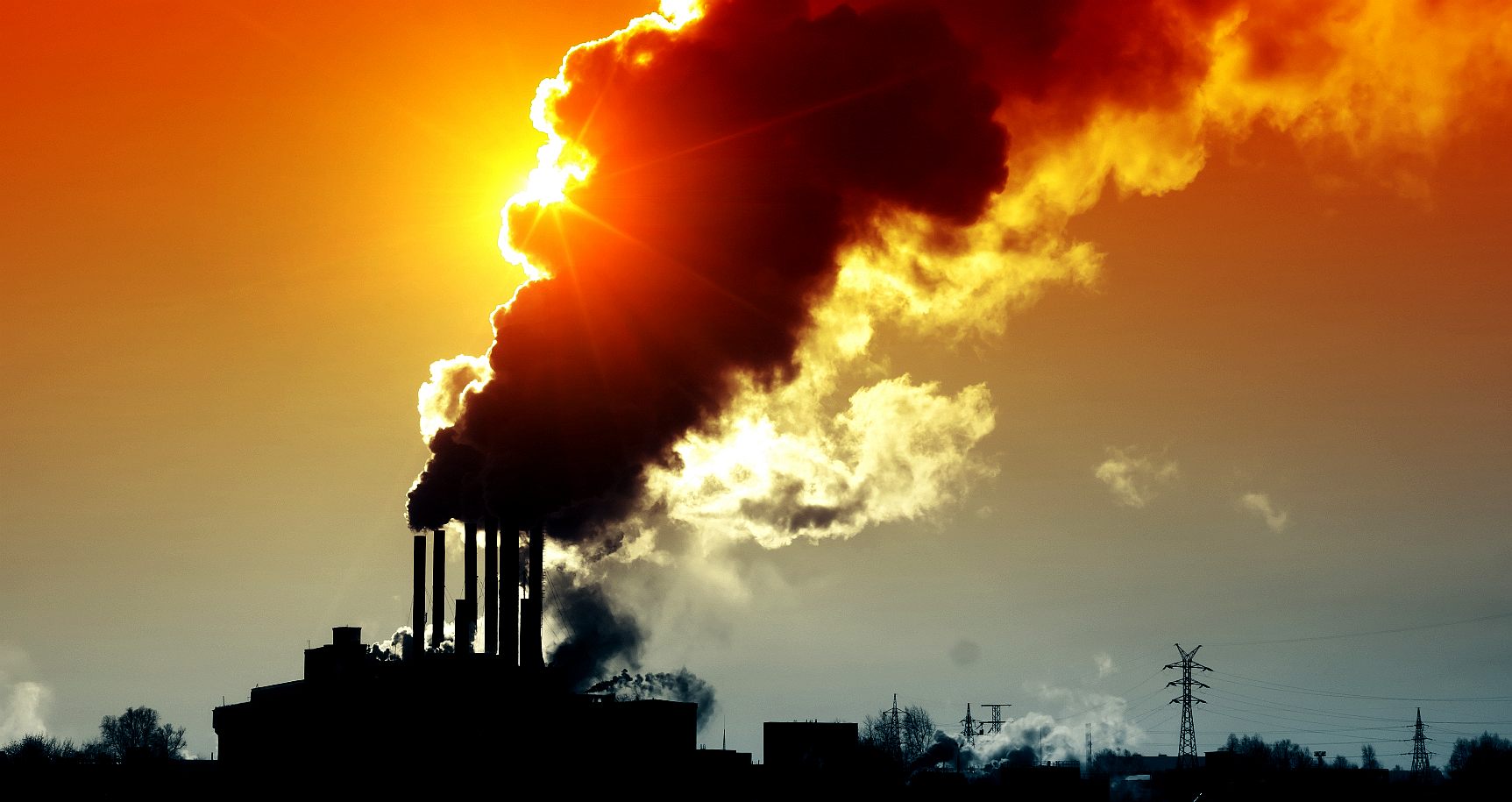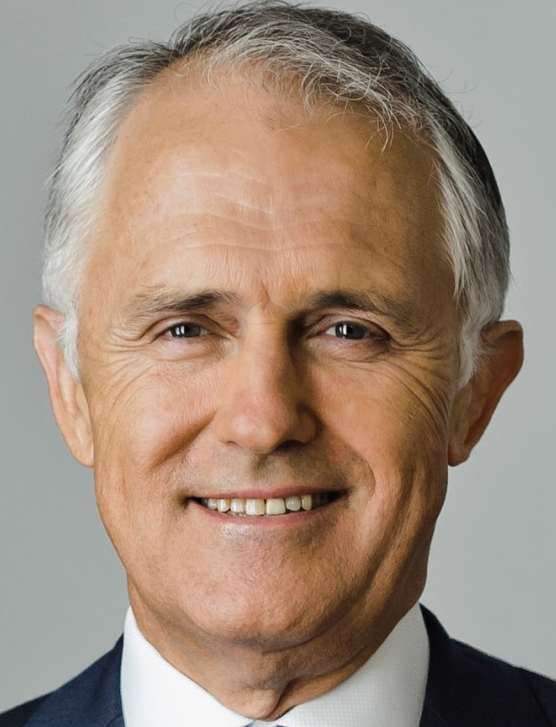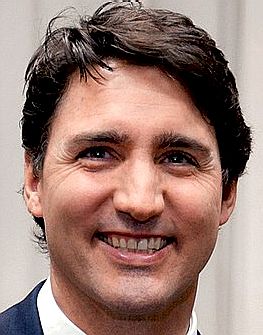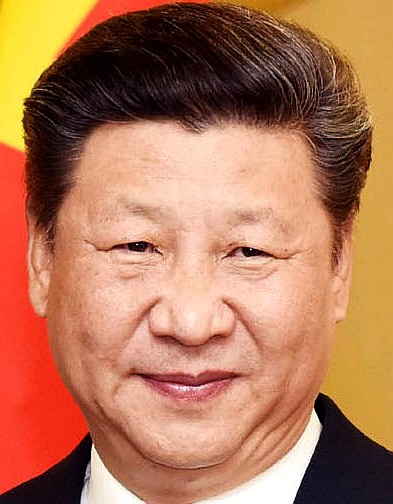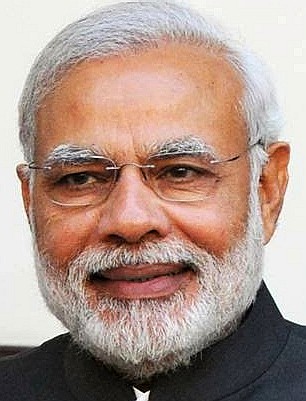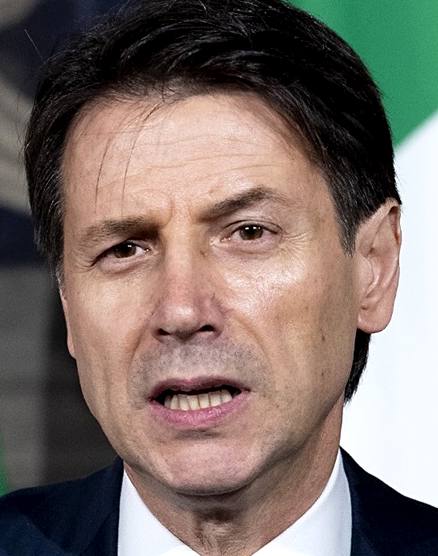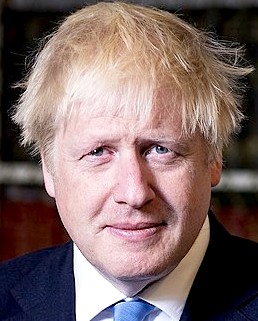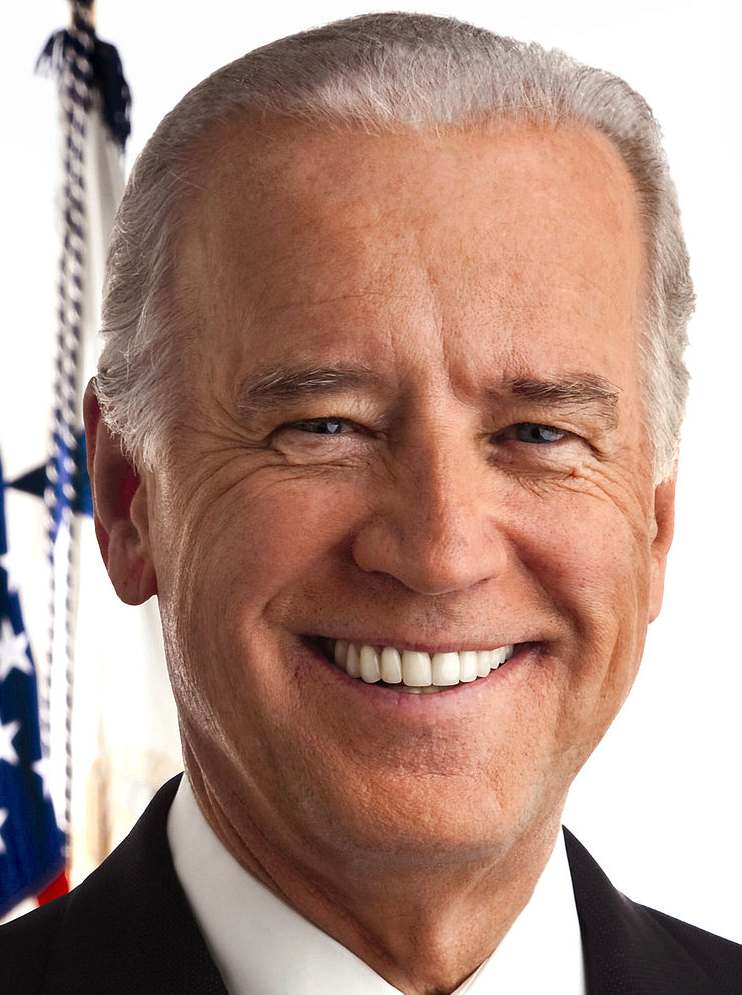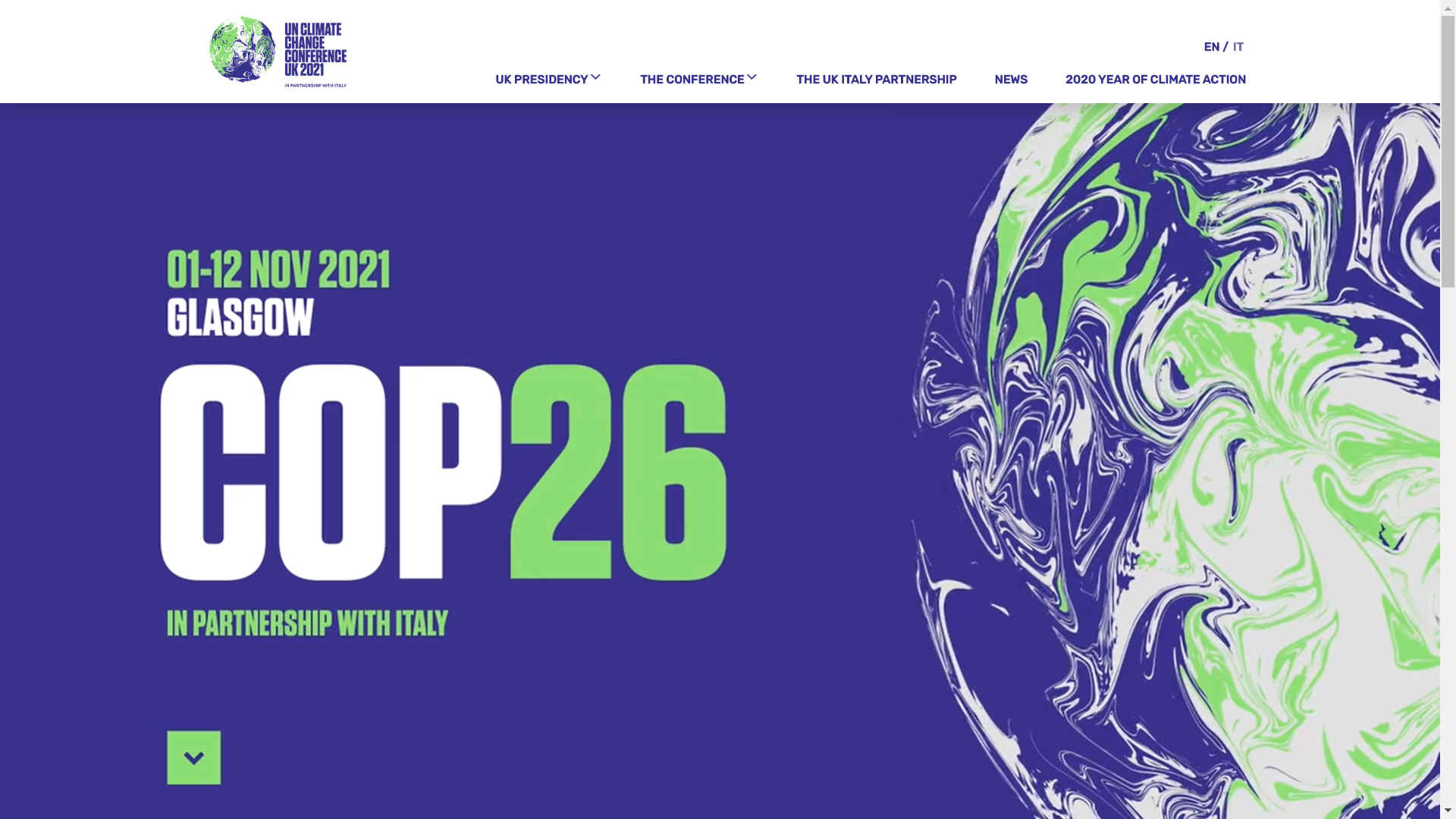|
CARBON NEUTRAL MANUFACTURING
Please use our A-Z INDEX to navigate this site, or our HOMEPAGE
EXTINCTION OF SPECIES - From blue planet to scorched earth because vested interests are preventing climate criminal politicians from putting the brakes on. Economics stopped them thinking about the safety of life on earth. They'd rather die richer, than live, gambling with the future of our children and every other species on earth.
Humans are able to make huge machines and factories to mass produce trucks, aircraft and even cargo vessels in shipyards. No other animal has such ability to control their destiny. We can even make spacecraft, space-stations and satellites to orbit the earth for observation.
The manufacture of cars, electronics, appliances and even flat-pack homes is vital to the advancement of society and security of families as they grow our collective brain. But such industrial enterprise uses vast amounts of energy in the making of our consumer products and food processing. It is vital that we have this ability, but also well worth taking a look at onsite energy generation and other greenhouse gas savings that can be made, granted that the change to renewable energy for the most part solves the problem.
The most obvious way of reducing fossil fuel usage from factories is to use those vast roofing expanses to collect solar energy. This is preferable to co-generation (combined heat and power) using onsite generators to make electricity and heat.
Factories that use a lot of heat, such as for chocolate or other food processing, would benefit from solar water heaters over photovoltaic panels to heat or preheat water to make steam. Much of this depends on the factory location and plot size. In some situations, wind turbines on site may be appropriate, plus a switch to green hydrogen.
A case for energy savings would need to be made on its own merits, to show long term savings. Grants and eco loans should be made available where the economics are favorable, so long as such funding does not exceed the natural ability of the earth to produce food.
THE G20 HEADS OF STATE (2020) A - Z
SIX (SUGGESTED) STEPS TOWARD A COOLER PLANET
1. TRANSPORT: Phase out polluting vehicles. Governments aim to end the sale of new petrol, and diesel vehicles by 2040 but have no infrastructure plan to support such ambition. Such infrastructure should exceed the performance of fossil fuel filling stations, prolong EV battery life and provide power grids with a measure of load leveling. Any such system should seek to obviate the provision of millions of fast charge points to include fuel cell cars, where implementation could otherwise prove to be a logistical nightmare. This may involve international agreement as to energy storage format and statute to steer OEM vehicle makers to collaborate as to future proofing, to include green hydrogen.
Marine transport can be carbon neutral given the right policy incentives, with phased transition in specific stages such as not to unduly penalize present investment in LNG shipping and other recent MARPOL compliant IC powered vessels. Future cargo vessel should be at least in part powered by renewable solar and/or wind energy, on the road to zero carbon, making allowances for technology catch-up. A scrappage scheme might encourage fleet operators to accelerate shipping upgrades, and a fund for radical innovation that would not otherwise qualify under in-situ programmes (such as Horizon Europe) might be introduced - with fast-track, reduced, form-filling and open-loop decision making, such that applications may be tweaked rather than struck out.
Air travel powered by kerosene should attract hefty mitigation offset, where low carbon alternatives should be encouraged such as electric air transport.
2. RENEWABLES: Renewable energy should replace carbon-based fuels (coal, oil and gas) in our electricity for homes, factories, heating and transport. Coal and nuclear power plants should be phased out.
3. HOUSING: On site micro or macro generation is the best option, starting with new build homes that are both affordable and sustainable by design to replace crumbling housing stocks. Encourage building in timber to provide carbon lock from a renewable natural resource. Planning policies should be updated to outlaw unsustainable development, with harsh financial penalties for kleptocratic local authorities, especially those with a history of corrupt practices (from historic similar fact evidence files).
4. AGRICULTURE: We need to grow more trees to absorb carbon emissions from a growing population, unregulated/unrestricted air travel. New homes should be timber where practical as a priority. We should promote reductions in food waste and the eating of foods that use less energy to produce. Educate children on these matters in schools and via campaigns such as no meat Mondays, should be part of ordinary study. Polluted fish from fisheries, might be replaced with fish farmed by aquaculture inland, rather than risk carcinogens from our seas.
5. INDUSTRY: Factories should be aiming for solar heating and onsite renewable energy generation. EV parking and even service facilities should be part of new industrial estates as part of any building permissions - with subsidies or tax reductions as incentives to property developers.
6. POLITICS: - National governing bodies need to adopt rules to eliminate administrative wastages, to include scaling down spending on (showboat) war machines, increasing spend on educating the public and supporting sustainable social policies that mesh with other cultures. This includes fostering policies and making funds available to close links in the technology chain to make up for lost time. Kleptocratic empire building must cease in the search for natural equilibrium.
International aid should not be provided to regions that cannot support life naturally. Land reclamation should be outlawed, and a solid currency system based on the ability of the planet to provide food for a growing population, such as a $Food Standard, such as to index link food production (security) to prevent unrestricted (artificial) money lending and superheated economies. There should be a policies of zero trust and full accountability.
Taxes collected from citizens in any form should only be spent on services they are collected for. Road Fund Licences, for road building, National Health Insurance Contributions, for health facilities, etc. The spend of other taxes such as Income and Value Added, should be fully accounted for to prevent slush fund payouts, for defence contracts, for example.
All policies should be SDG and Human Rights compliant, with exceptions needing to be openly qualified and justified, with effective remedy (right of challenge) to a higher national tribunal/court at every level, and to the international court of justice, where a national remedy conflicts. A lack of transparency and accountability would be one of the main reasons for challenge - because such decision making is highly suspect.
LINKS & REFERENCE
https://www.l
2020 - Was another year of non-action, in fact no talks at all for the big cheeses to squabble and cloud issues for all the smaller nations that are being exploited. Can we expect anything of value to come out of the 2021 Highland fling?
Interestingly, the Covid 19 pandemic may have the effect of braking the economies of many nations - hence slowing global warming. This should be a lesson to all politicians.
AGRICULTURE | BANKS | HOUSING | GROUP20 | INDUSTRY | MONEY | POLITICS | RENEWABLES | TRANSPORT
This website is provided on a free basis as a public information service. Copyright © Climate Change Trust 2021
|
